Chairman Alexander Mahnke is frustrated a backstop for extreme events, such as pandemics, cyber and natural catastrophes, has not yet emerged
On the eve of the 2021 GVNW virtual symposium, an annual meeting of German corporate insurance buyers, Dr Alexander Mahnke, CEO Insurance at Siemens and chairman of GVNW, said the hard commercial insurance market and upcoming renewals would likely dominate discussions.
Since the devastating floods in Germany and other parts of Central and Western Europe in July - a timely reminder of the potential for extreme weather events - there has once again been debate around the take up of catastrophe insurance and the potential for a government-backed catastrophe pool.
Mahnke voiced his frustration that a public-private solution to extreme events, such as pandemics and natural catastrophes, had yet to emerge.
”Unfortunately, our lobbying efforts for the creation of a public-private partnership in order to finance future pandemic risks have not been heard sufficiently,” he said.
“In view of the tragic flooding events and their financial impact, but also looking at potential cyber events, we believe that a multi-tier risk transfer system including the private insurance market and a government-backing will become necessary.”
“Potentially, Extremus – our government backed terror insurer – could be the basis for such a scheme,” he continued. “Such a system should be open to all companies, not only SMEs.”
“Mandatory insurance, on the other hand, we believe is too excessive a tool and should not be necessary for companies which have professional insurance risk management operations,” he added.
“It should be assumed that these companies handle their operational risks professionally and know that the right mix of prevention and risk transfer are part of their risk management duties - always assuming, that there are sufficient possibilities for risk transfer in place.”
Awake to a changing climate
Sustainability and ESG will also feature as a major topic on several occasions during the event. GVNW members are thinking about the physical and transition risks posed by climate change, said Mahnke.
“As part of our panel discussion on the first day, we will tackle the topic of insurability of coal-based business models and we might expect a very intense discussion,” he told StrategicRISK.
”We know from our members, whether they are municipal utilities, energy suppliers, automotive suppliers or other companies with a high carbon footprint, that they have been dealing and continue to deal with the challenge of climate change and its risks - including on their own business models - for a long time.
“These strategic risks of the transformation process have not just been part of a company’s risk inventory since yesterday. What is new, however, is a risk of change on the risk financing side.”
Transitioning to a zero carbon economy requires support from the insurance industry and cannot be achieved overnight, thought Mahnke. He was clear that pressure from regulators and external stakeholders to adapt should not be used as a reason to withdraw cover or drive up premium rates.
”For reasons of public perception and/or driven by the assessment of non-governmental organisations, some insurers are ‘artificially’ reducing insurance coverage for risks that were previously easy to insure,” he said. “This is a shortage that is not carried out for risk reasons.”
”We understand and support our members in not accepting this. Insurers do not need to act as an additional driver of a faster energy transition.”
A partnership approach to achieving climate transition goals is therefore essential. “The instruments of CO2 pricing and our demand-behavior are already strong drivers. But we also have to ask ourselves whether our infrastructure can be ready so quickly to phase out coal and combustion engines. What risks are hidden behind this?
“If insurance cover is denied, this tends to have a counterproductive effect in our view,” added Mahnke. “The consequence is that the capital is tied up in the enforced owner-occupation. Capital which is withdrawn from the necessary innovation process as well as from the necessary change process to fight climate change.”
He acknowledged that organisations had been able to respond quickly to the COVID-crisis, repurposing business models where required in order to survive. Similar action where climate-related risks are concerned is more than possible, he thinks.
“We believe in the adaptability of our member companies. As we have seen, trusting and empowering employees in times of uncertainty has worked very well for most companies.”





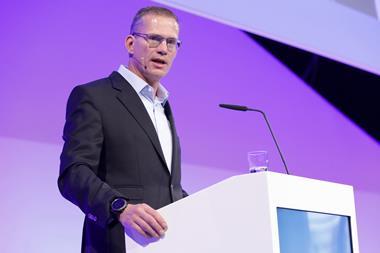
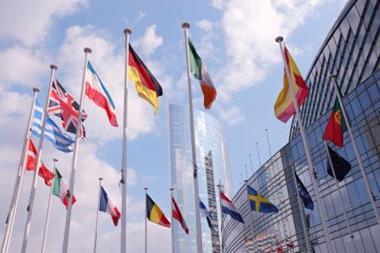
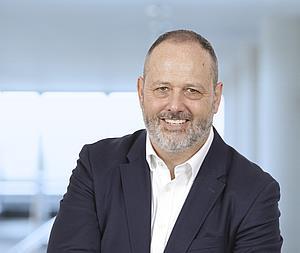
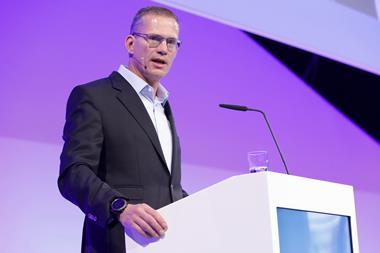
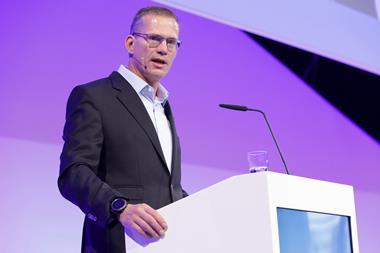
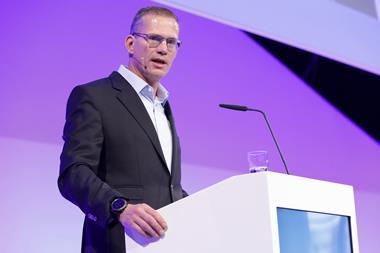









No comments yet